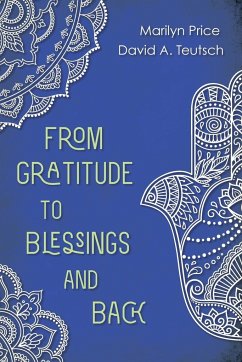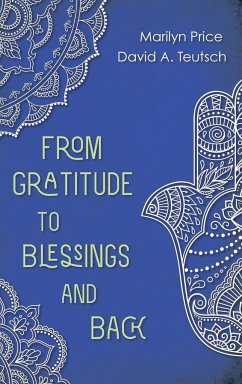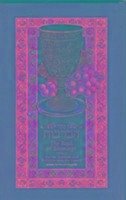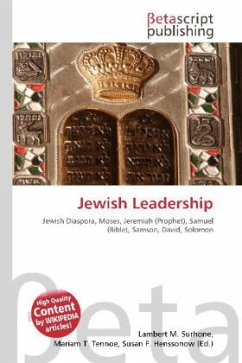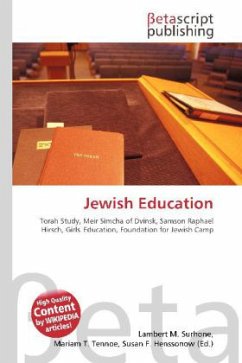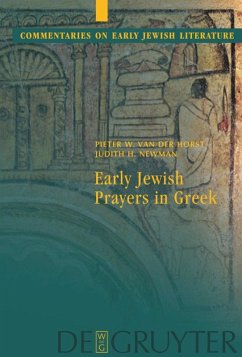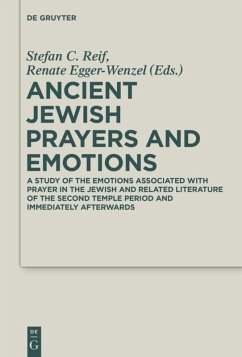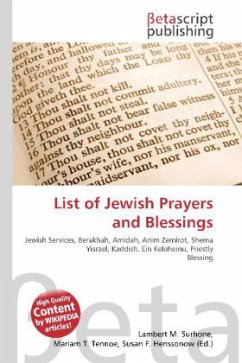
List of Jewish Prayers and Blessings
Versandkostenfrei!
Versandfertig in 6-10 Tagen
39,99 €
inkl. MwSt.

PAYBACK Punkte
20 °P sammeln!
Please note that the content of this book primarily consists of articles available from Wikipedia or other free sources online. Observant Jews recite the Amidah at each of three prayer services in a typical weekday: morning, afternoon, and evening. A special abbreviated Amidah is also the core of the Mussaf ("Additional") service that is recited on Shabbat (the Jewish Sabbath), Rosh Chodesh (the day of the New Moon), and Jewish festivals, after the morning Torah reading, with various forms of the Amidah that depend on the occasion. The typical weekday Amidah actually consists of nineteen bless...
Please note that the content of this book primarily consists of articles available from Wikipedia or other free sources online. Observant Jews recite the Amidah at each of three prayer services in a typical weekday: morning, afternoon, and evening. A special abbreviated Amidah is also the core of the Mussaf ("Additional") service that is recited on Shabbat (the Jewish Sabbath), Rosh Chodesh (the day of the New Moon), and Jewish festivals, after the morning Torah reading, with various forms of the Amidah that depend on the occasion. The typical weekday Amidah actually consists of nineteen blessings, though it originally had eighteen; when the Amidah is modified for specific prayers or occasions, the first three blessings and the last three remain constant, framing the Amidah used in each service, while the middle thirteen blessings are replaced by blessings specific to the occasion.Anim Zemirot . ("I shall sing sweet songs") is Jewish liturgical poem sung in the synagogue at the end of Shabbat morning services. Formally, it is known as Shir Hakavod. ( "Song of Glory"), but it is often referred to as anim zemirot, after the first two words of the poem.





